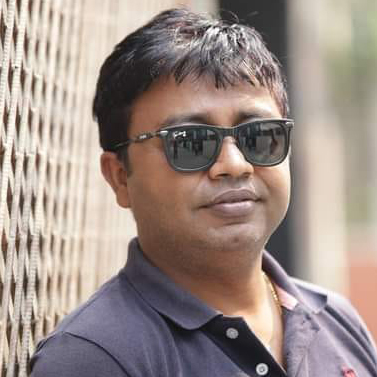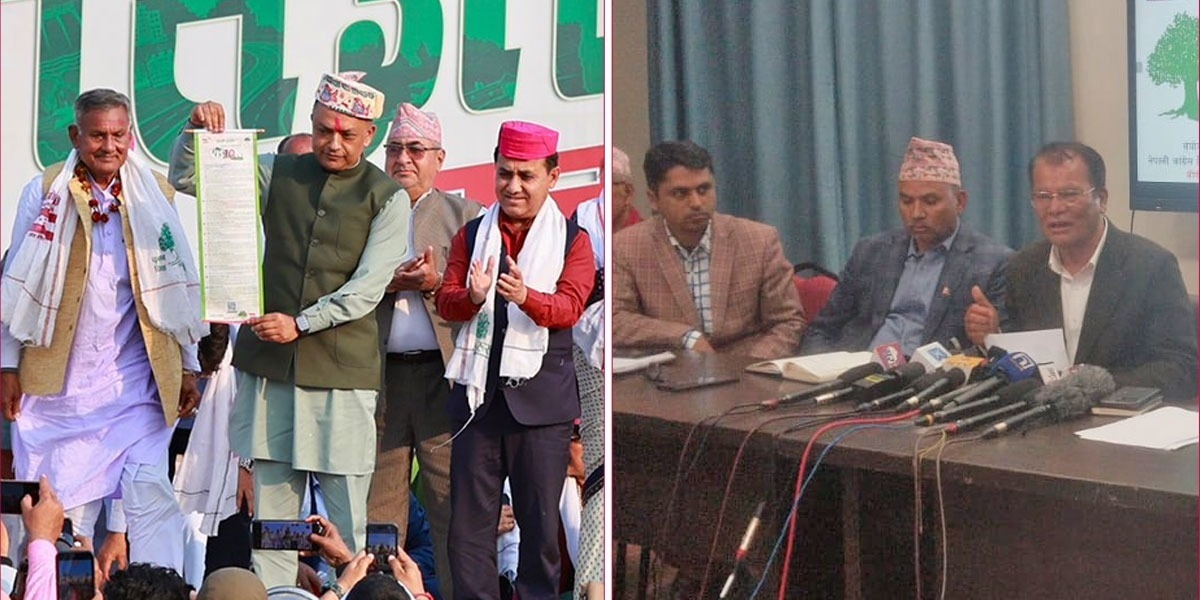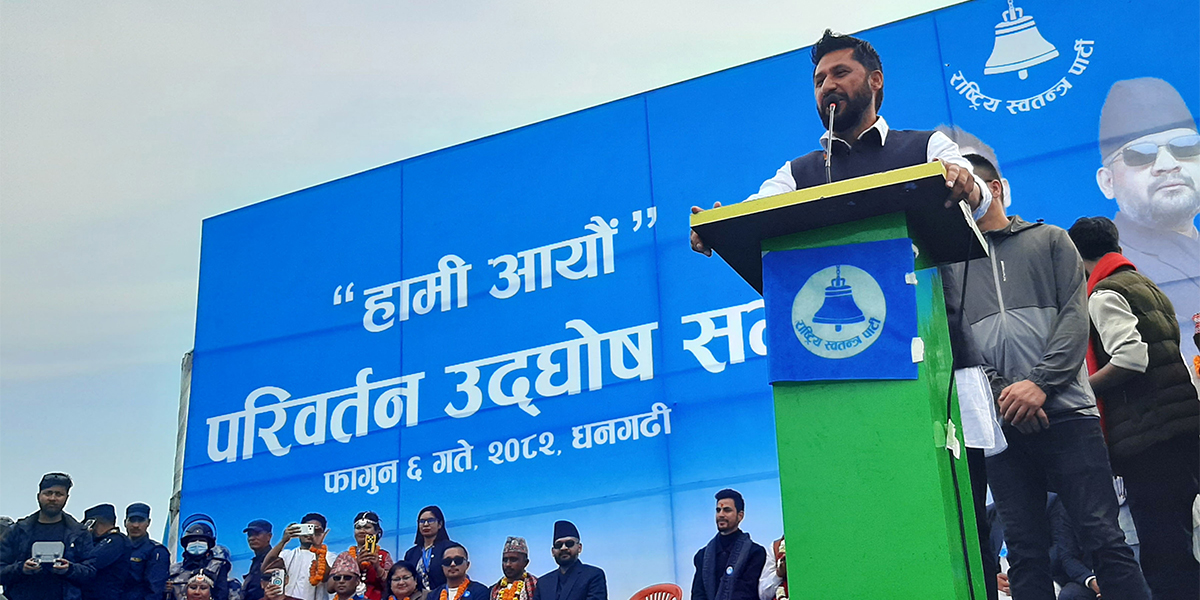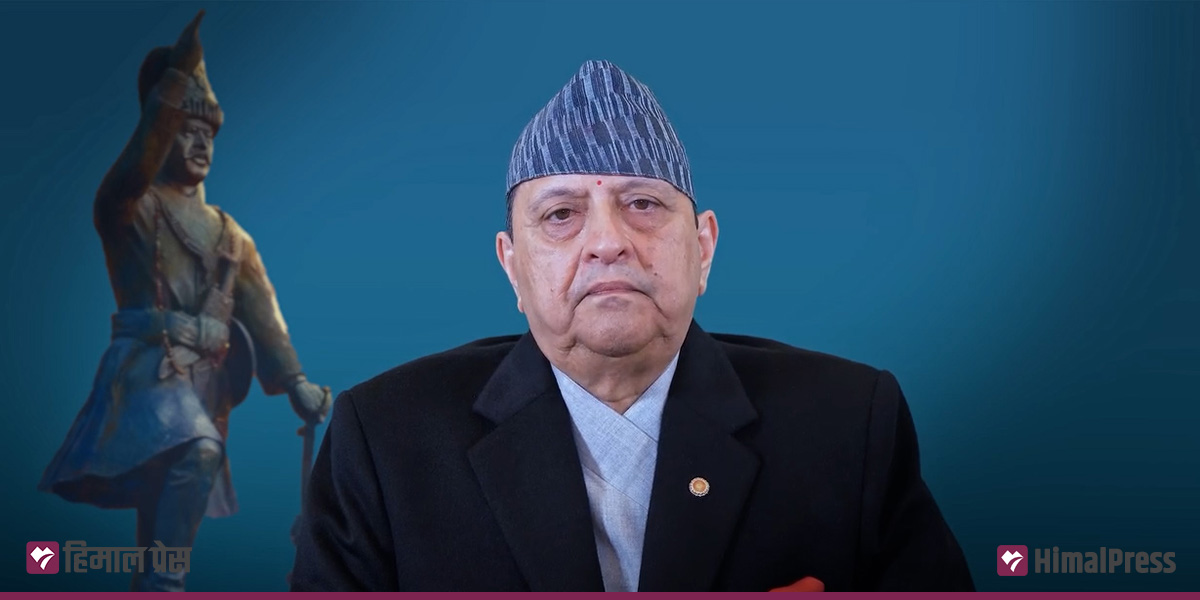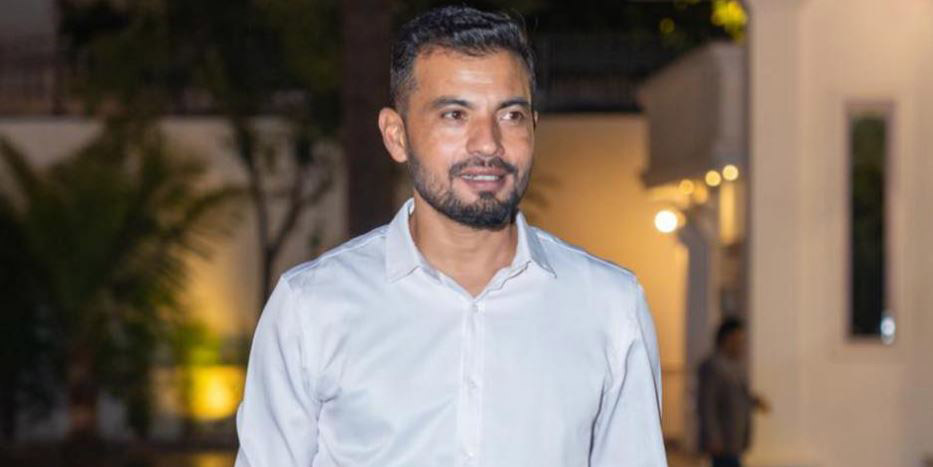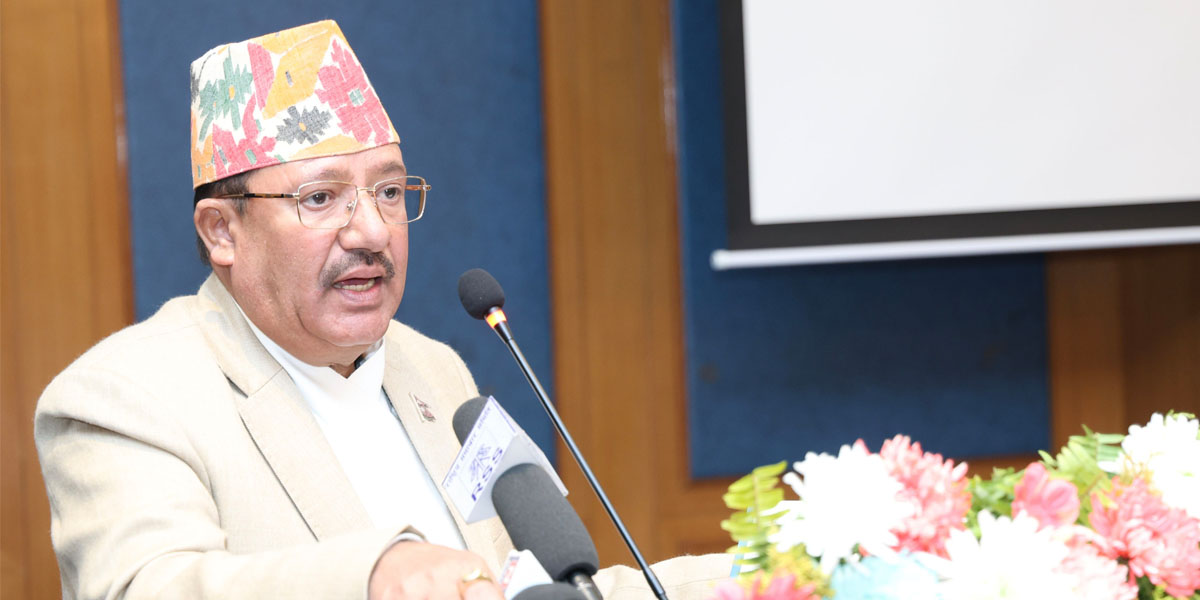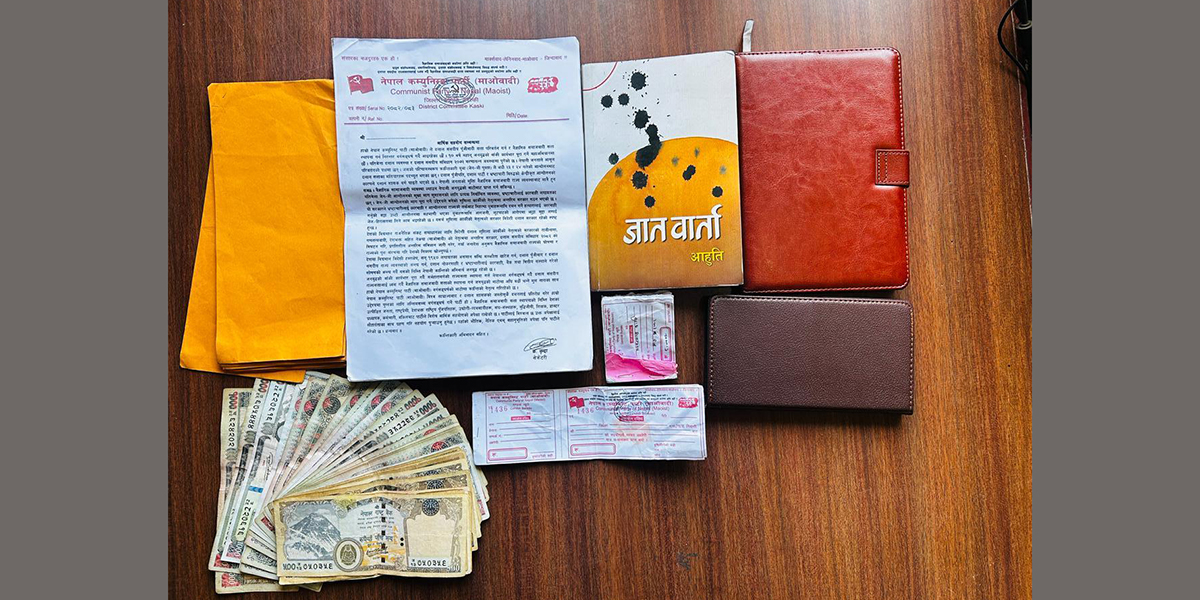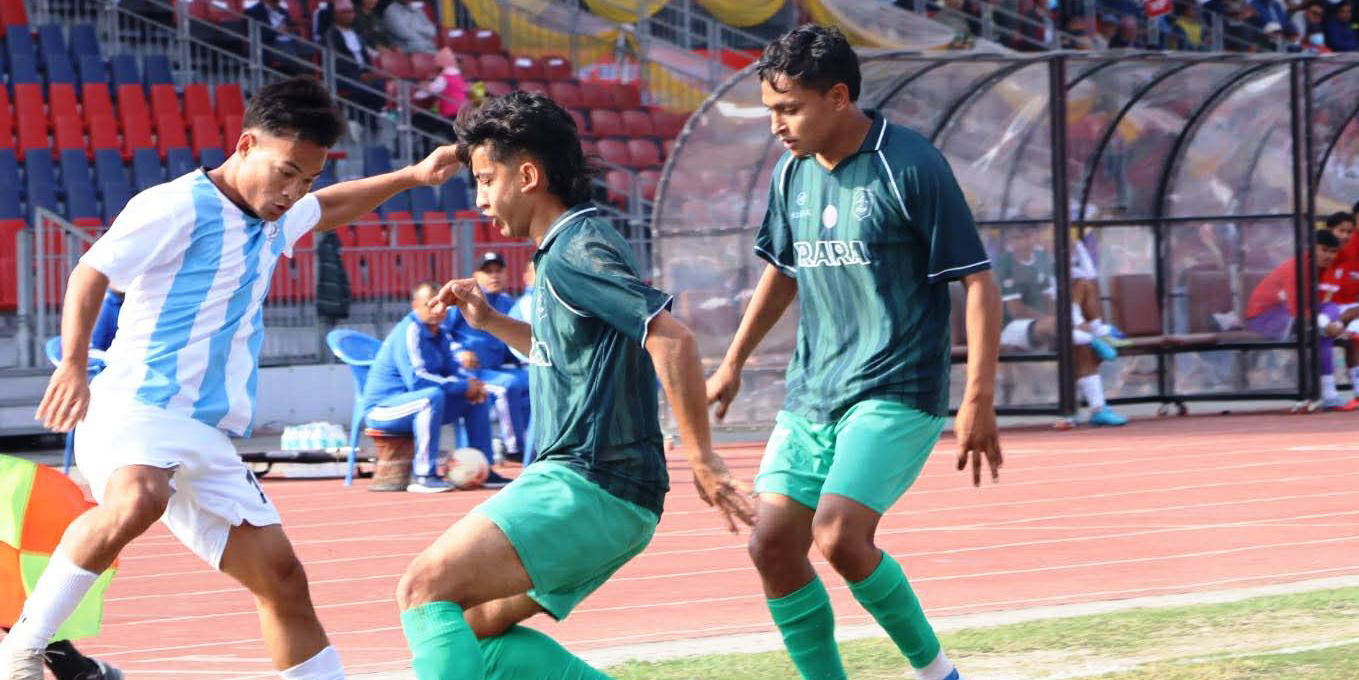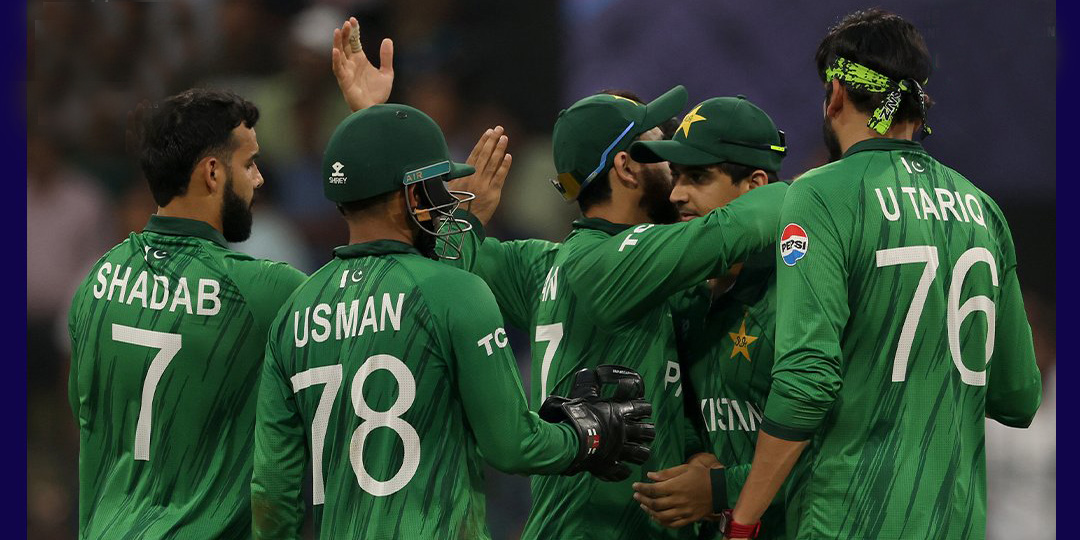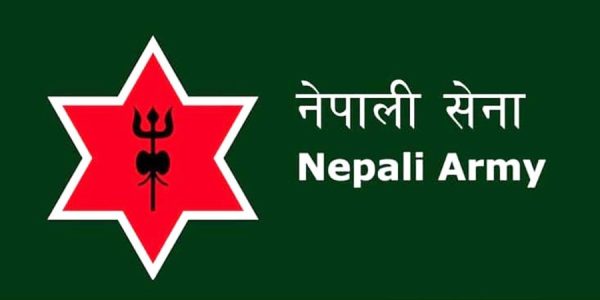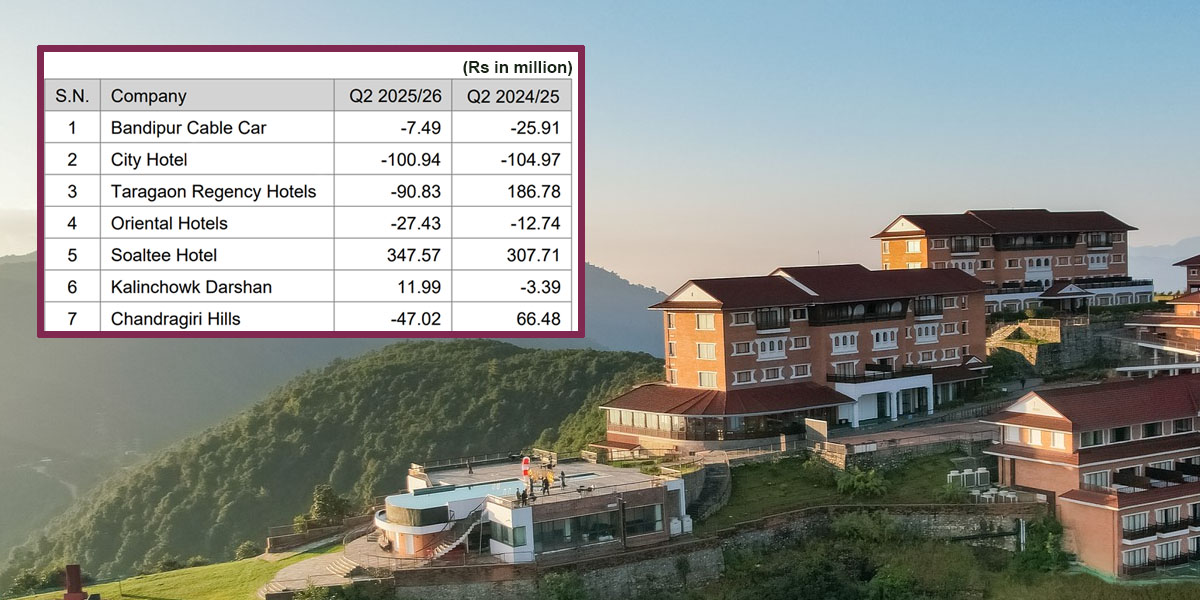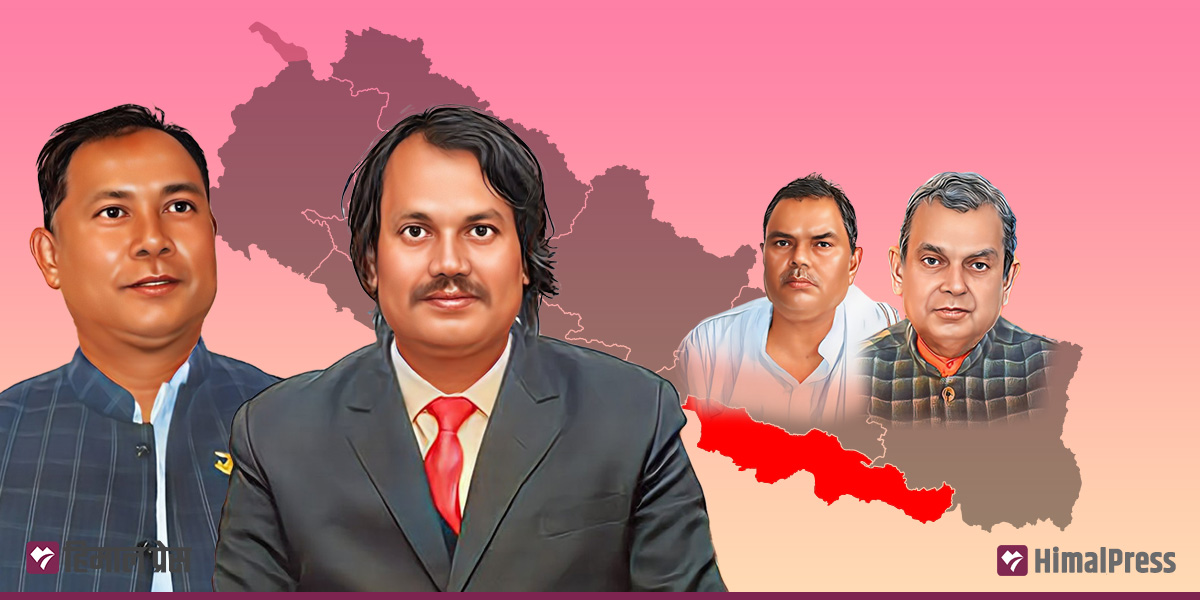
KATHMANDU: As traditional Madhesh-based political parties struggle with internal divisions, two emerging forces from eastern and western Madhesh are in the final stages of announcing their unification.
The Janamat Party, led by CK Raut, and the Nagarik Unmukti Party (NaUP), led by Ranjita Shrestha under the patronage of Resham Chaudhary, are finalizing their merger. Leaders from both parties have confirmed that they are working for unification to establish themselves as a strong alternative force across Madhesh—following multiple rounds of discussions between CK Raut and Resham Chaudhary. The two parties have also formed a task force, which recently held its first meeting.
A few days ago, Janamat Party’s Central Committee meeting in Bardibas, Mahottari, formally decided to merge Nagarik Unmukti and formed a three-member task force comprising Abdul Khan, Sharad Singh Yadav and Bal Govinda Chaudhary. Nagarik Unmukti has also formed a similar task force, including Gangaram Chaudhary, Sunita Chaudhary and Ramlal Dagoura Tharu.
The two task forces held a discussion last week to finalize the merger process. According to Sharad Singh Yadav, the spokesperson for the Janamat Party, the two sides reached consensus on key aspects, including the new party’s name, leadership structure and election symbol.
As per the agreement, the unified party will be named Nagarik Janamat Party, and it will use Nagarik Unmukti’s election symbol Dhakiya (traditional basket). CK Raut will serve as the party’s chairperson, while Ranjita Shrestha will be the co-chairperson and Resham Chaudhary will remain the party’s patron.
Discussions are ongoing regarding the party’s internal structure, leadership roles at different levels and organizational framework. “Most issues have been settled, ” Yadav told Himal Press. “Both sides have prepared draft statutes. We are making final adjustments.”
Although no official date has been set for the announcement, Yadav assured us that the unification will be formalized soon.
Despite initial resistance, Nagarik Unmukti Chairperson Ranjita Shrestha has now expressed support for the merger. Last week, she actively participated in the Nagarik Unmukti’s Central Committee meeting, which had merger as the main agenda.
A Nagarik Unmukti leader told Himal Press that Shrestha, who initially had reservations about certain aspects, has since resolved differences. “She was dissatisfied with some issues earlier, but now she is not only supportive but also excited about the unification,” the leader said.
Setback for Mahanta Thakur and Upendra Yadav
Before the 2017 elections, the Madhesh-based political landscape was largely dominated by Mahanta Thakur and Upendra Yadav. Their parties—Thakur’s Loktantrik Samajbadi Party (LSP) Nepal and Yadav’s Janata Samajbadi Party (JSP) Nepal—held significant influence across Madhesh and even secured seats in Koshi and Lumbini provinces.
Even Resham Chaudhary, who is now associated with Nagarik Unmukti, was elected to the Constituent Assembly under Thakur’s Rastriya Janata Party (RJP) at the time.
However, in the 2022 elections, Janamat Party in the east and Nagarik Unmukti in the west significantly weakened the grip of both LSP Nepal and JSP Nepal. Janamat Party gained the seats that the two parties lost in Madhesh, while Nagarik Unmukti established a stronghold in the Tharuhat region, winning representation in both the federal and provincial assemblies.
Janamat Party Vice Chairperson Abdul Khan said that the merger aims to create a powerful political force spanning from eastern to western Madhesh. “Both our parties emerged as alternatives. While we have strongholds in different regions, unification will allow us to have a greater impact across the entire Madhesh,” he added.
Political analysts believe this merger could further erode the influence of LSP Nepal and JSP Nepal, which are already struggling to regain their footing. Senior journalist and political analyst Chandrakishore Jha said that while LSP and JSP continue their internal struggles, the unification of Janamat and Nagarik Unmukti could pose a significant challenge to them. “The influence of Mahanta Thakur and Upendra Yadav has declined in western Madhesh. If this new party consolidates its position, it could emerge as a major force,” Jha added.
He, however, added that sustaining unity in the long run will be crucial. “Merger alone is not enough—it needs to be sustained and translated into meaningful political action. Internal democracy, leadership distribution and power-sharing will be key factors,” he added.
Both Janamat and NaUP leaders are optimistic, believing that the unification will end the state’s long-standing strategy of dividing the Madheshi and Tharu communities. According to Janamat spokesperson Yadav, the merger will strengthen these communities politically and counter historical injustices. “For too long, the state has exploited divisions between Madheshis and Tharus,” he said. “This unification will put an end to those tactics, and together, we will emerge as a formidable national political force.”
Future Alliances Still Open
While Janamat and Nagarik Unmukti are currently focusing on their merger, they have not ruled out alliances with other like-minded parties in the future. Initially, Dr Baburam Bhattarai of Nepal Samajbadi Party (Naya Shakti) was expected to join the unification process, but the current discussions are limited to Janamat and Nagarik Unmukti.
“We are open for merger with other parties that share our vision and agenda,” Yadav stated. “Right now, there are no discussions with Baburam Bhattarai’s party, but the doors remain open.”

